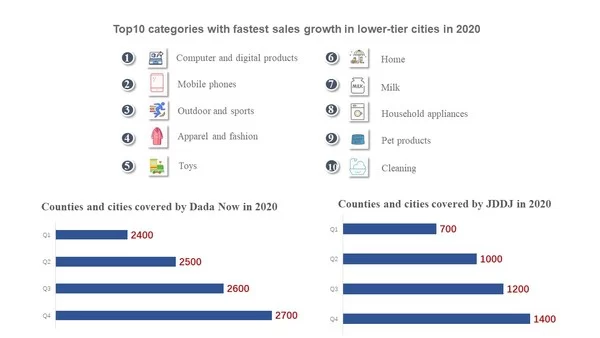NANPING, China, June 18, 2021 — Happiness Biotech Group Limited (the "Company" or Nasdaq: HAPP), an innovative China-based nutraceutical and dietary supplements producer and e-commerce services provider, announced today that the Company launched the beta version of official site of Happy Buy International https://www.happybuy.vip, mainly promoting its cross-border e-commerce SaaS…
Reckitt and Shopee support Filipinos in fight against pandemic with ‘Protection Starts Within’ campaign
Reckitt’s first multi-brand regional Super Brand Day on Shopee equips shoppers with health, hygiene, and nutrition tips along with exclusive deals MANILA, Philippines, June 18, 2021 — Reckitt, the global leader in health, hygiene and nutrition, partners with Shopee, the leading e-commerce platform in Southeast Asia and Taiwan to launch its…
Osome Raises a $16M Series A to Expand its AI-based Accounting Platform to Global Markets
SINGAPORE, June 18, 2021 — Osome, a super-app that digitizes accounting and compliance services for SMEs, has raised $16M in a Series A funding from a group of investors including Target Global, AltaIR Capital, Phystech Ventures, S16VC, and Peng T. Ong, an angel investor. The capital enables Osome to expand…
Nium and Travelex launch new digital remittance offering in Hong Kong
Travelex International Money Transfer aims to offer Hong Kong residents a faster and convenient method to transfer money overseas HONG KONG, June 15, 2021 — Travelex, one of the market leading foreign exchange brands, alongside advanced global payments platform Nium, has today announced…
SKYWORTH Announces: Juventus stars score 100% cashback for TV
All-new exclusive deals to celebrate the partnership with SKYWORTH fans, including the chance to win full cash back on TV orders during the European Cup HANOI, Vietnam, June 12, 2021 — SKYWORTH proudly becomes Juventus FC’s Official Partner by bringing its own "Lead the Future" motto alongside Juventus FC’s "Live…
JD.com and Dada Group Jointly Publish White Paper, “Chinese On-Demand Consumption Trends Report 2021”
Features proprietary insights into the latest on-demand economy trends in China Highlights key growth opportunities and near-term challenges in China’s rapidly growing hyperlocal e-commerce industry SHANGHAI, June 10, 2021 — JD.com, China’s leading technology driven e-commerce company and Dada Group ("Dada"), a leading platform of local on-demand retail and delivery…
CellPoint Digital to disrupt payments in new sectors following outstanding success with Airlines
Payment orchestration leader will boost digital revenues in retail, online gaming, online education and entertainment & media. LONDON, June 9, 2021 — CellPoint Digital, a fintech leader in payment orchestration for travel, today announces it is now offering its market leading platform to new…
PingPong Payments launches new PLN and SEK currency exchange services
FinTech unicorn PingPong Payments now enables marketplace sellers, SMBs & larger enterprise traders to access Europe’s hottest markets through expanded currency capabilities NEW YORK, June 8, 2021 — Global payments and e-commerce services provider PingPong Payments, today announces expanded payments processing and currency exchange services for both the Polish (PLN)…
Meituan Launches Green Tech Fund, and Other Initiatives on World Environment Day
HONG KONG, June 5, 2021 — Meituan (HKG: 3690) (the "Company"), China’s leading e-commerce platform for services, today announced the launch of the Meituan Green Tech Fund and a series of green initiatives to celebrate World Environment Day. Meituan is allocating an initial…
MessageMedia announces new integration for HubSpot for integrated text messaging
The partnership delivers the only five-star certified SMS app to the HubSpot sales and marketing community DENVER, June 4, 2021 — Global business messaging provider MessageMedia (www.messagemedia.com) has launched SMS for HubSpot (https://ecosystem.hubspot.com/marketplace/apps/marketing/marketing-automation/messagemedia-218459), an integration with the leading CRM platform for scaling companies and has joined HubSpot’s App Partner Program as…








